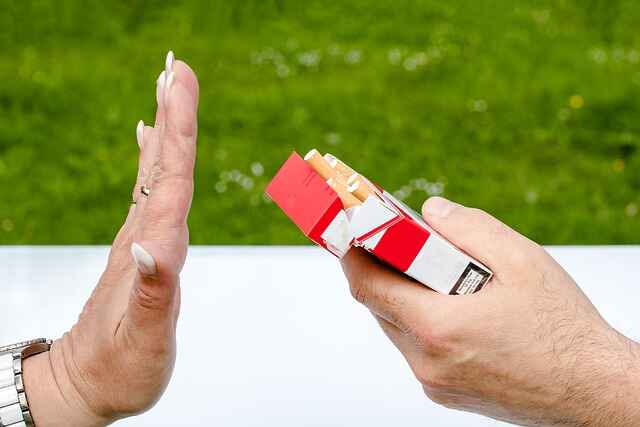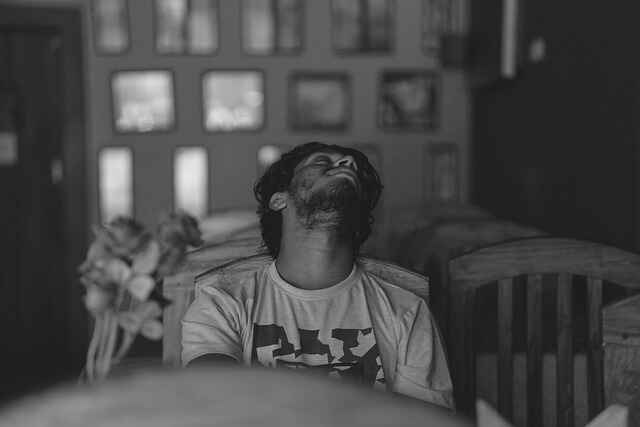Diverticulitis are tiny, protruding pouches that can develop in the lining of your gastrointestinal tract. They are most commonly found in the bottom portion of the large intestine (colon). Diverticulitis are frequent, especially after the age of 40, but they rarely cause difficulties.
Diverticulosis is the presence of diverticula. Diverticulitis occurs when one or more of the pouches become inflamed and, in some situations, infected. Diverticulitis can result in severe stomach discomfort, fever, nausea, and a significant change in bowel patterns.
Also, Read 11 Myths About Weight Loss You Should Know
Causes
Diverticular disease starts as pouches that usually appear in the colon (large intestine) along the digestive tract. When faeces or partially digested food obstructs the diverticula’s opening, the pouches (called diverticula) may become irritated and diseased. It can also come from having more harmful than beneficial bacteria in your digestive tract. With age, your risk of developing diverticulitis increases. People over the age of 40 are more likely to have it.
Symptoms
The following are signs of inflammatory diverticulitis:
- Constant and usually severe stomach pain, usually on the left side but sometimes on the right,
- fever
- painful urination
- nausea and vomiting
- bleeding from the rectum
Risk factors
Diverticulitis risk can be impacted by several variables, including:
- genetics
- diet
- decreased immune function
- having obesity
- physical inactivity
- smoking
- changes in the gut microbiome
- certain medications, such as steroids

Diagnosis
Diverticulitis symptoms can be similar to those of other diseases. By excluding other potential problems, your doctor will focus on the problem at hand. Beginning with a physical examination. Women may also have a pelvic exam. Your doctor can then request one or more tests, such as:
- Infection is detected using blood, urine, and stool testing.
- CT scans are used to diagnose diverticula that are inflamed or sick.
- To rule out liver disorders, a liver enzyme test is performed.
- Pelvic exam to rule out gynaecological issues in those who were given the gender of a woman at birth
- Pregnancy test to rule out pregnancy in people born female
- colonoscopy, which is performed following a bout of diverticulosis, to see into your digestive tract.
Treatment
Your signs and symptoms’ severity will determine your course of treatment.
You might be treated at home if your symptoms are not severe. Your doctor may advise you to:
- take antibiotics as these are used to treat infections, while updated guidelines say that they may not be necessary for very mild instances.
- A liquid diet is recommended for a few days while your bowel repairs. As your symptoms improve, you can gradually add substantial meals to your diet.
If you have a serious attack or other health issues, you will almost certainly need to be hospitalised. In general, treatment includes:
- Antibiotics administered intravenously
- If an abdominal abscess has formed, a tube will be inserted to drain it.
Surgery is probably necessary if
- You have a problem, like a bowel obstruction, fistula, abscess, or perforation in the intestinal wall.
- You’ve experienced straightforward diverticulitis on numerous occasions.
- Your immune system is depleted.
Diet
As symptoms become better, a diverticulitis patient can begin to consume low-fibre meals such as:
- canned or cooked fruits and vegetables with skins and seeds
- low-fibre cereals
- eggs, poultry, and fish
- milk, yogurt, and cheese
- refined white bread
- pasta, white rice, and noodles

Prevention
- Exercise encourages regular bowel movements and lowers colon pressure. On most days, try to get in at least 30 minutes of exercise.
- Diverticulitis risk is reduced by eating a diet high in fibre. Fresh fruits and vegetables, whole grains, and other fibre-rich diets help soften waste and speed up colon transit. Nuts and seeds don’t increase your risk of getting diverticulitis.
- Fibre works by absorbing water and causing your colon to produce more soft, bulky waste. But fibre can cause constipation if you don’t drink enough liquid to replenish what is lost through absorption.
- Don’t smoke. When a person smokes, their risk of developing diverticulitis increases.
Also, Read Sexual Wellness and Better Health: 11 FAQs About Sex Marathon





